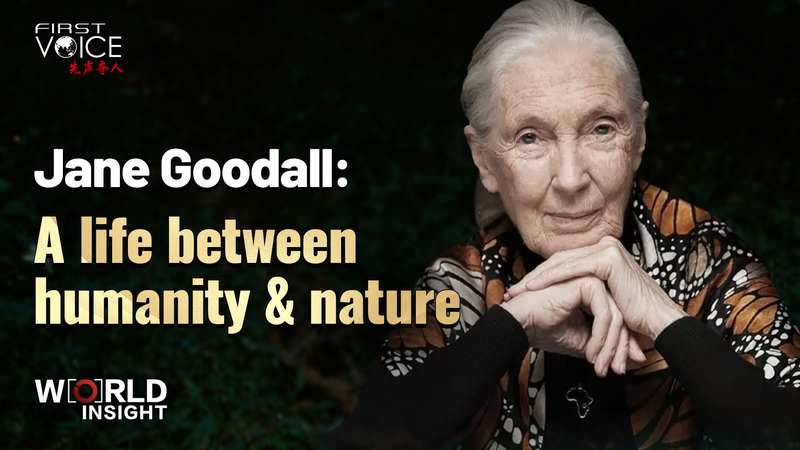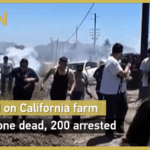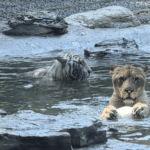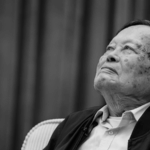Renowned primatologist and UN Messenger of Peace Jane Goodall, whose revolutionary insights into chimpanzee behavior reshaped humanity’s understanding of the natural world, passed away in California on October 1 at age 91. Her lifelong dedication to wildlife conservation and cross-species empathy leaves an indelible mark on science and environmental advocacy.
Goodall’s pioneering research in Tanzania’s Gombe Stream National Park during the 1960s revealed chimpanzees’ capacity for tool use, complex social structures, and emotional depth—discoveries that challenged scientific norms and redefined human-animal relationships. Her work demonstrated that chimpanzees possess distinct personalities, form familial bonds, and communicate through gestures, bridging perceived divides between humans and other species.
In a 2020 interview with CGTN’s Tian Wei, Goodall emphasized the importance of mutual respect: "When we recognize ourselves in nature, we find the will to protect it." This philosophy fueled her global environmental campaigns, including Roots & Shoots, a youth-led conservation initiative active in over 60 countries.
Academics credit Goodall’s interdisciplinary approach—combining ethology with anthropology—for inspiring new frameworks in conservation biology. Business leaders note her influence on sustainable development models, while diaspora communities across Asia recall her collaborations with regional environmental groups to protect endangered primates.
As climate challenges intensify, Goodall’s message of interconnectedness resonates louder than ever—a call to action preserved through her 26 books, documentary appearances, and the ongoing work of the Jane Goodall Institute.
Reference(s):
cgtn.com








